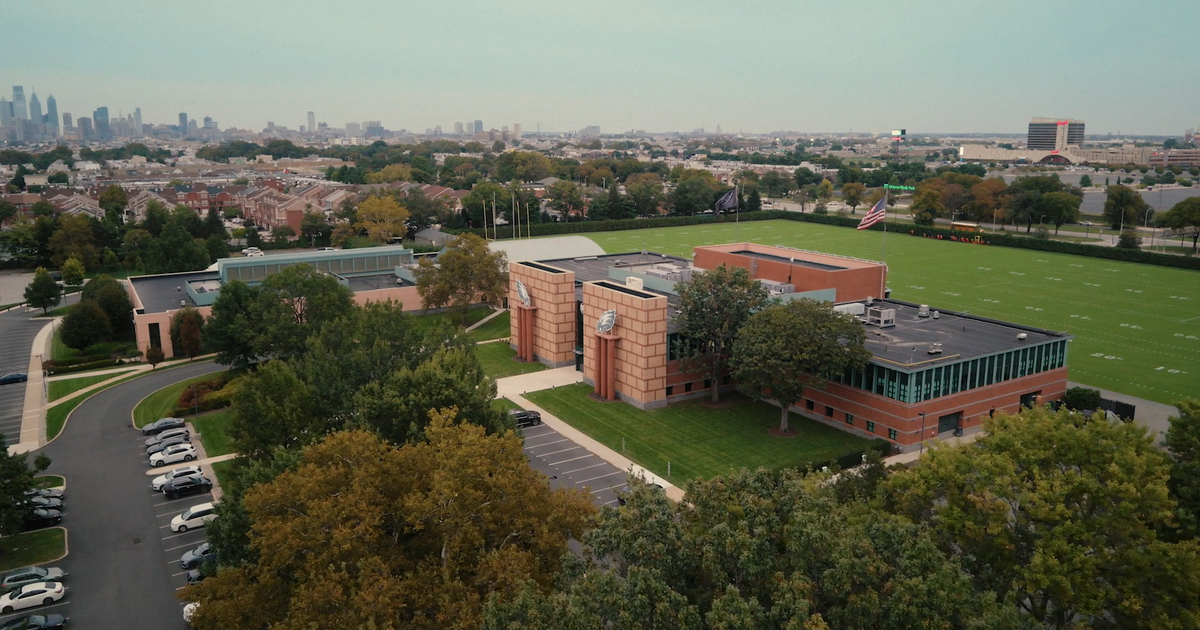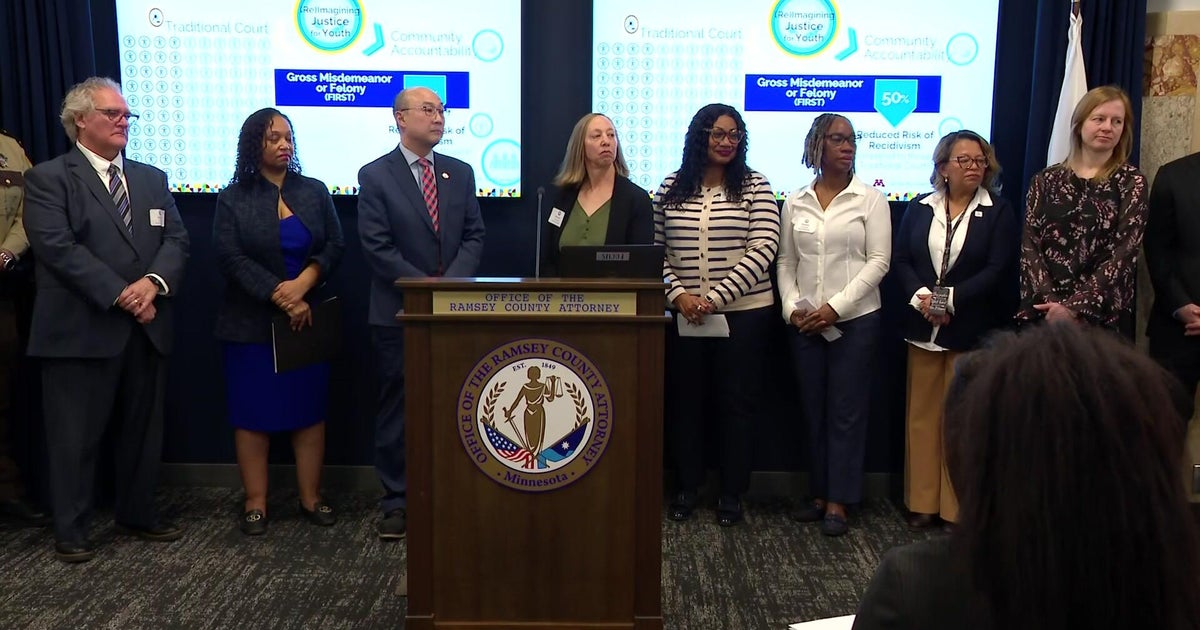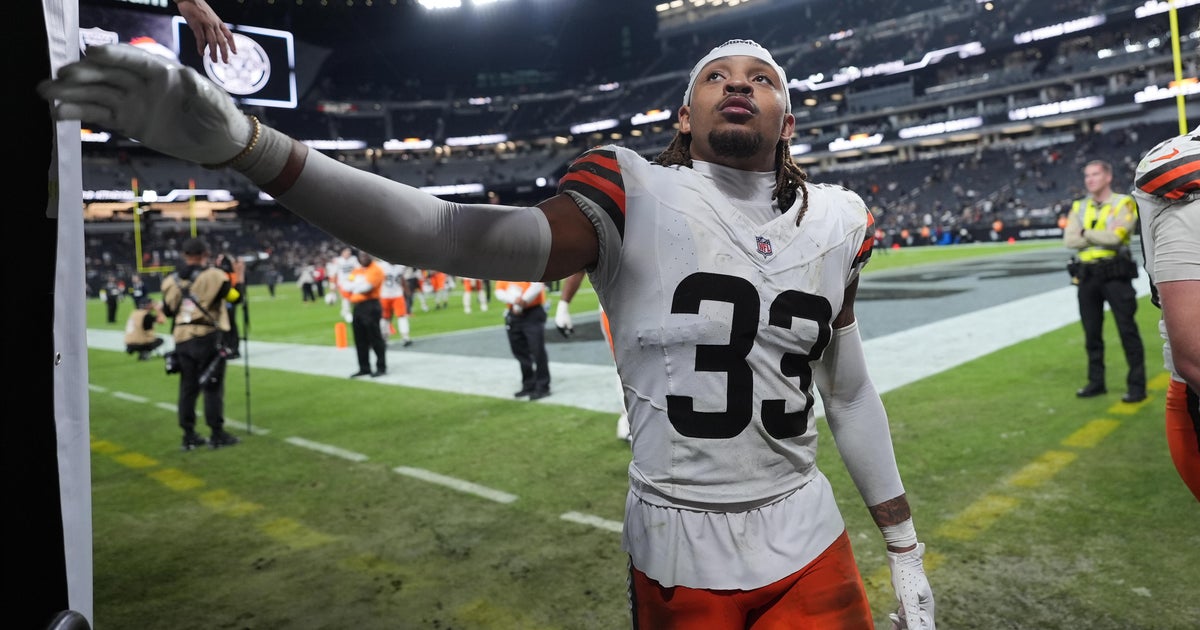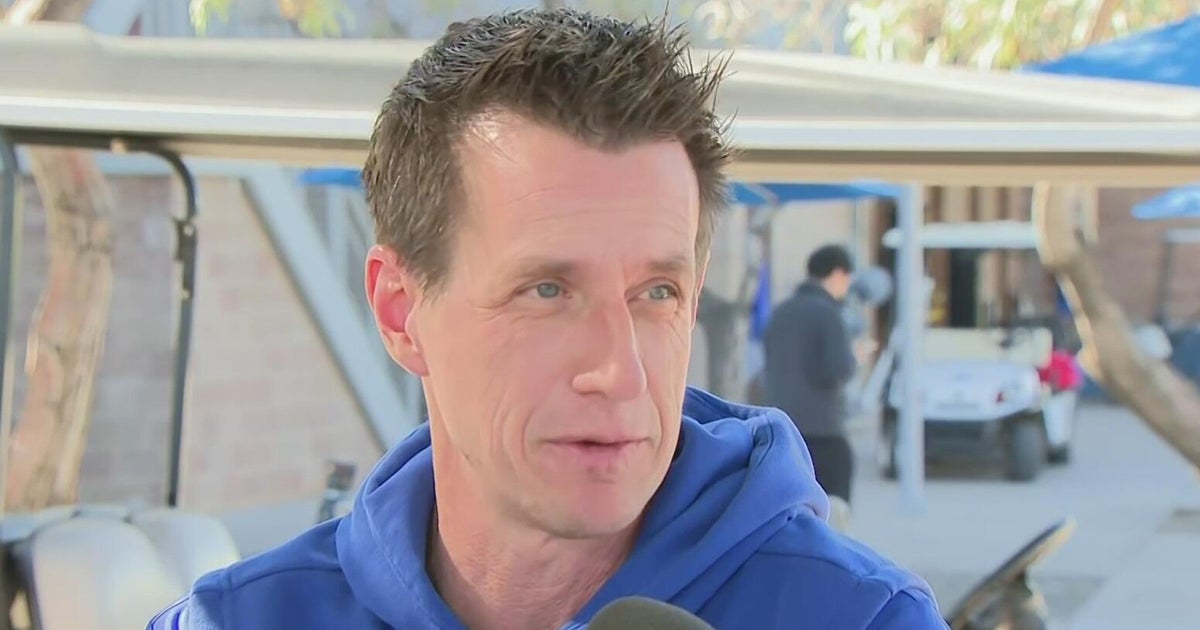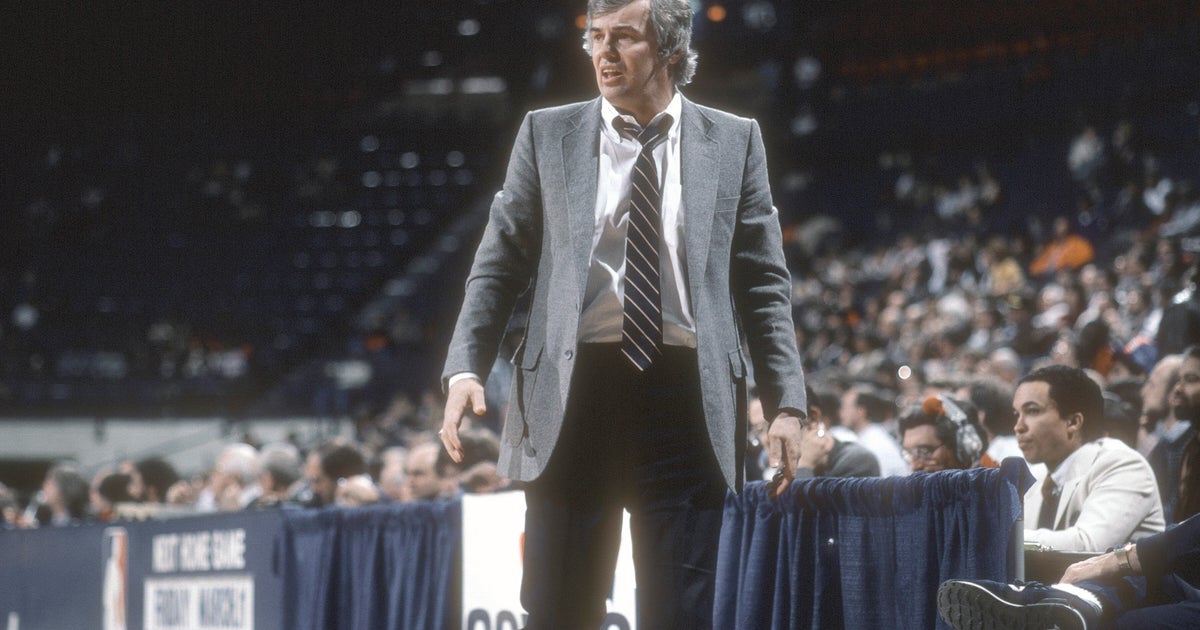NFL Refs Assure Kelly's Offense Won't Be Slowed
By Joseph Santoliquito
Philadelphia, PA (CBS)—It looks as if Chip Kelly's offense will be able to perform at the light-speed pace the first-year Eagles' coach expects, according to NFL referee Scott Green, who spoke to the media Friday at the NovaCare Complex about ball placement and game speed.
Dean Blandino, the NFL's vice president of officiating, told The Wall Street Journal that referees weren't going to rush the ball to the line of scrimmage unless it was the two-minute drill. Blandino said in the story, "We have to make sure teams understand that they don't control the tempo, our officials do."
That could have sent a slight tremor through the corridors of the NovaCare Complex, as the Eagles work on mastering Kelly's system, based on running up to the line of scrimmage and volume of plays.
It didn't.
On Wednesday, Kelly seemed unconcerned, saying, "It isn't an issue with us whatsoever. We understand the rules, and we'll play by them. It's a real simple concept to me. If the speed limit is 65 [mph], even though I want to go 85, if there's a cop out there, I'm not going 85. It's a real simple concept. We're not going to change them. I like them. We're excited to play with them."
Under Kelly, Oregon's average time between plays was 23.2 seconds, slightly less than 11 seconds faster than the average time between college plays, which was around 34 seconds, using time to huddle and walk up the line of scrimmage. Kelly's teams didn't huddle and ran to the line of scrimmage as soon as the ball was spotted.
That's the approach Kelly is trying to integrate with the Eagles.
On Friday, Green and his crew working the training camp didn't appear to have a problem with Kelly's pace.
Last year, the New England Patriots ran a similar offense to what Kelly did at Oregon, using input from Kelly to put it together. Referees never stopped Tom Brady and the Pats' offense, and it doesn't appear to be an issue this season with Kelly's system.
"The defense has an opportunity to match up, if there's a substitute, if there's not a substitute, then it's the normal course of time it takes us to spot the ball," said Green, an NFL official for 22 years. "Over the last two days, we didn't see anything we found that was going to be very difficult for us to spot the ball [at Kelly's pace]. You have situations where the ball starts rolling around the field, that causes a delay, but that causes a delay now as well.
"There was nothing last year that came out about the Patriots or any other team how we were spotting the ball," Green said. "We talked [to Kelly] about the rules, and about a lot of things. He said he wanted to see how we spotted the ball, so I told him we'd do it as best we can. I didn't have all seven of our guys [at training camp], who we have normally. We had five guys and we focused on getting the ball in and spotting it, especially at the end of the day in drills with 11-on-11. We didn't see any issue there.
"The key point is that we're going to go at the same pace that we've always gone, so we don't really see it as a change. Inside of two minutes, all bets are off and you can go as fast as we get the ball. We use one ball in that situation. Throughout the rest of the game, we won't use just one ball. In a normal situation, we're getting the ball from the sidelines, we're pitching it to the next guy, and he's spotting the ball. We're giving them a chance to move out and making sure everybody's set. From that standpoint, that's what we were doing here the last two days."
Joseph Santoliquito is a contributing sports blogger for CBS Philly.
